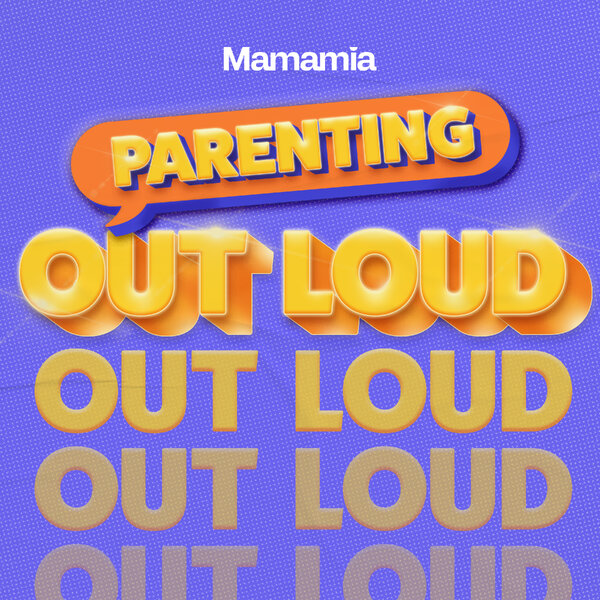In a time before the world was ruled by iPhones, Facebook likes and the Kardashians, caring for a sick child meant a doona on the sofa and an endless supply of cordial and cartoons.
Fast forward to 2018 and it’s a very different approach, with the current trend falling firmly on parents posting photos of their sick children on social media.
Facebook appears to be the predominant channel of choice, with its check-in capabilities perfect for an on-trend cryptic hospital post, but even Instagram and Twitter are getting a look in.
Many of us have probably joined the sickie social media movement without even really noticing, others will be in the eye-roll camp, muttering about the modern-day digital devil invading our children’s privacy.


Top Comments
"But Dr Goodwin warns that a parent’s decision to share photos of children – either when they are sick or perfectly fine – impacts on a child’s privacy and digital footprint."
This. Posting a pic of a kid on the internet without their consent (and children CAN'T consent to anything) is irresponsible and wrong. Posting a pic of them when they are sick is just an extra bit of stupid and wrong. Parents who monetise their children's lives and privacy should be held accountable. It's disgraceful.
There's a government website, esafety.gov.au with advice for parents to *help them keep their children safe*. Wouldn't it be great if every person trying to upload identifiable pictures of children, was automatically redirected to the bits about kids' and how they're too young to consent, and how, once uploaded to the web, you can't control who uses your children's images. For whatever purpose.